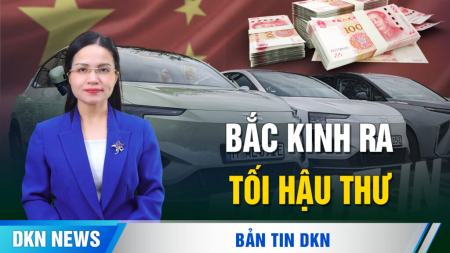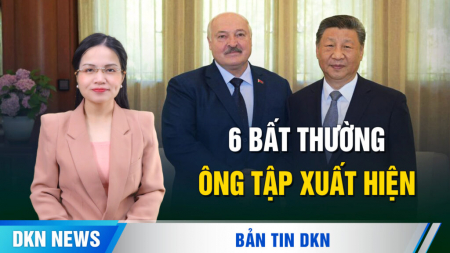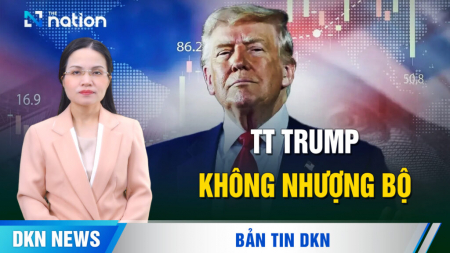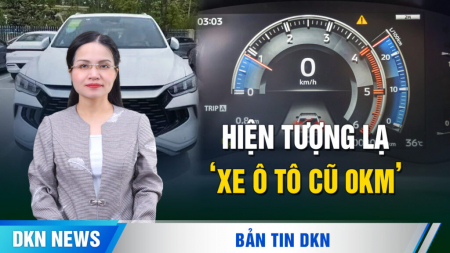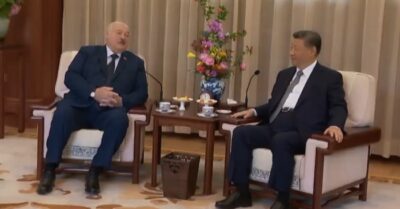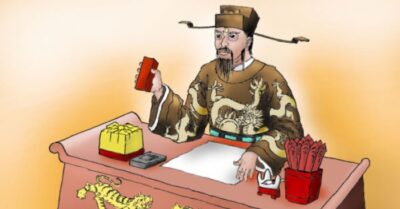IELTS là một trong những kỳ thi kiểm tra trình độ tiếng Anh phổ biến nhất trên thế giới nhằm đáp ứng cho nhu cầu học tập, làm việc và sinh sống ở các nước sử dụng tiếng Anh. Sở hữu một chứng chỉ IELTS với điểm số ấn tượng có thể giúp bạn tạo ấn tượng hơn với các nhà tuyển dụng. Kết quả của kỳ thi IELTS được công nhận bởi hơn 9000 tổ chức giáo dục, công ty và các tổ chức chính phủ trên gần 135 quốc gia.
Chuyên mục “Ngân hàng IELTS” đem đến cho bạn đọc những kiến thức, tài liệu, hướng dẫn hữu ích, mong muốn chia sẻ và đồng hành với người học trong suốt hành trình chinh phục IELTS.
***
Một số từ vựng về tiền bạc
There are a lot of things you can do with money! First, you need to earn money or make money – both of these verbs refer to receiving money from your work.
- earn/make money: kiếm tiền
Another way to obtain money is to inherit money – receive money from a family member or friend after that person dies.
- inherit money: thừa kế tiền
If the person was very rich, you could inherit a fortune (a fortune is a lot of money).
- inherit a fortune: thừa kế cả một gia sản
You can take your money to the bank and make a deposit – put money into your bank account.
- make a deposit: gửi tiền
Later, you can make a withdrawal- remove money from your bank account.
- make a withdrawal: rút tiền
Of course, everyone likes to spend money – use money to buy things – but it’s important not to waste/squander your money.
- waste/squander: lãng phí
If money is tight (meaning you have very little money), you should make a budget – a plan for how much to spend on things every month – and then you need to stick to the budget (continue following the plan).
- make a budget: lập một bảng danh sách
- stick to the budget: bám vào bảng danh sách
Otherwise, you might be broke by the end of the month! Someone who is “broke” has no money available.
- broke by the end of the month: cuối tháng trắng tay
A person who is financially savvy (intelligent, perceptive, and well-informed on the subject of money) will always save money.
- (be) financially savvy: hiểu biết về tài chính
It’s a good idea to have an emergency fund of at least 3-6 months of living expenses (the amount money you use to survive in everyday life).
- emergency fund: quỹ khẩn cấp
- living expenses: chi phí sống
You can also invest money in the stock market – you could make a nice profit, but there’s also the risk of losing money if the economy goes downhill (starts to get worse).
- stock market: thị trường chứng khoán
- the economy goes downhill: kinh tế suy thoái
If you haven’t saved up money or set aside money for the purchase, you can borrow money from the bank – which is also called taking out a loan.
- set aside money: để dành tiền
- taking out a loan: vay tiền
The disadvantage of this is that you’ll need to pay the money back in installments – plus interest (extra money).
- pay the money back in installments: trả tiền nhiều lần
When you travel, you’ll need to change/exchange money to be able to buy things with the local currency.
- change/exchange money: đổi tiền
- local currency: tiền địa phương
Make sure to change money only at official locations like banks and travel agencies – otherwise, you could be tricked into receiving counterfeit bills (false paper money that is not legally valid).
- counterfeit bills: tiền giả
Finally, you can consider donating money (giving money without receiving anything in return) to a good cause, such as preserving the environment or researching cures for diseases.
- donating money: tài trợ tiền
Non-profit organizations are always trying to raise money (get donations) for their various projects.
- raise money: quyên góp tiền
Tham khảo cuốn 1000 English Collocations in 10 Minutes a Day
 Đại Kỷ NguyênTin tức thời sự quốc tế cập nhật 24/7, văn hoá truyền thống
Đại Kỷ NguyênTin tức thời sự quốc tế cập nhật 24/7, văn hoá truyền thống







